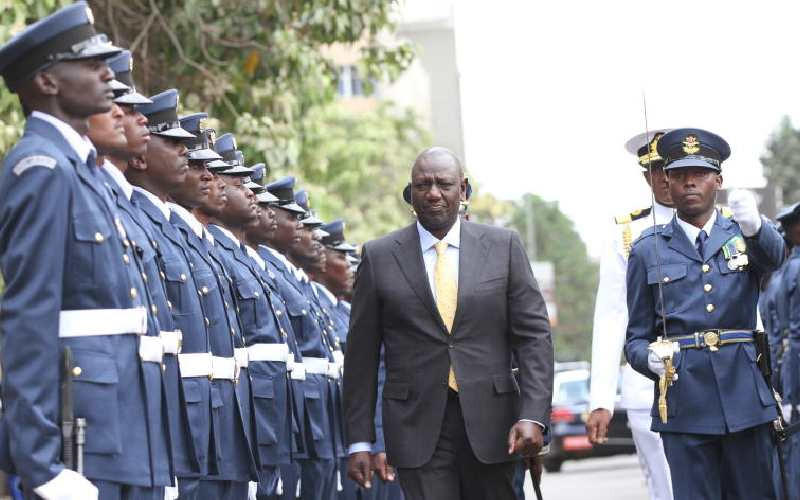×
The Standard e-Paper
Home To Bold Columnists

President William Ruto during the opening of the 13th Parliament, Nairobi on September 29, 2022 [Elvis Ogina, Standard]
"I am a fighter not a quitter," Prime Minister (PM) Liz Truss said recently. Hours later the PM ate her words. After a fiery exchange pitting her and Leader of the Opposition/Leader of the Labour Party Sir Kier Starmer, which lasted for seven minutes, she resigned.